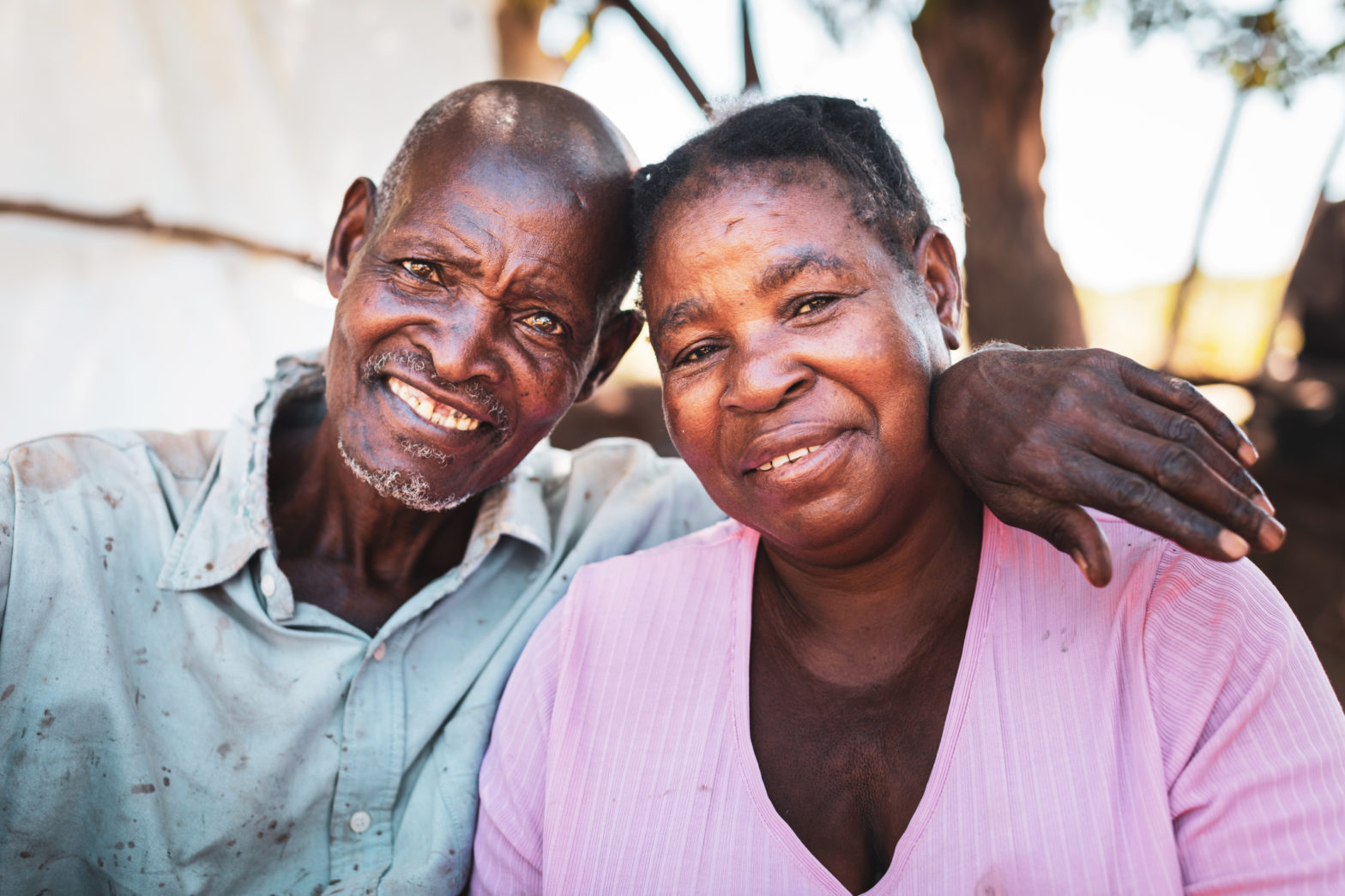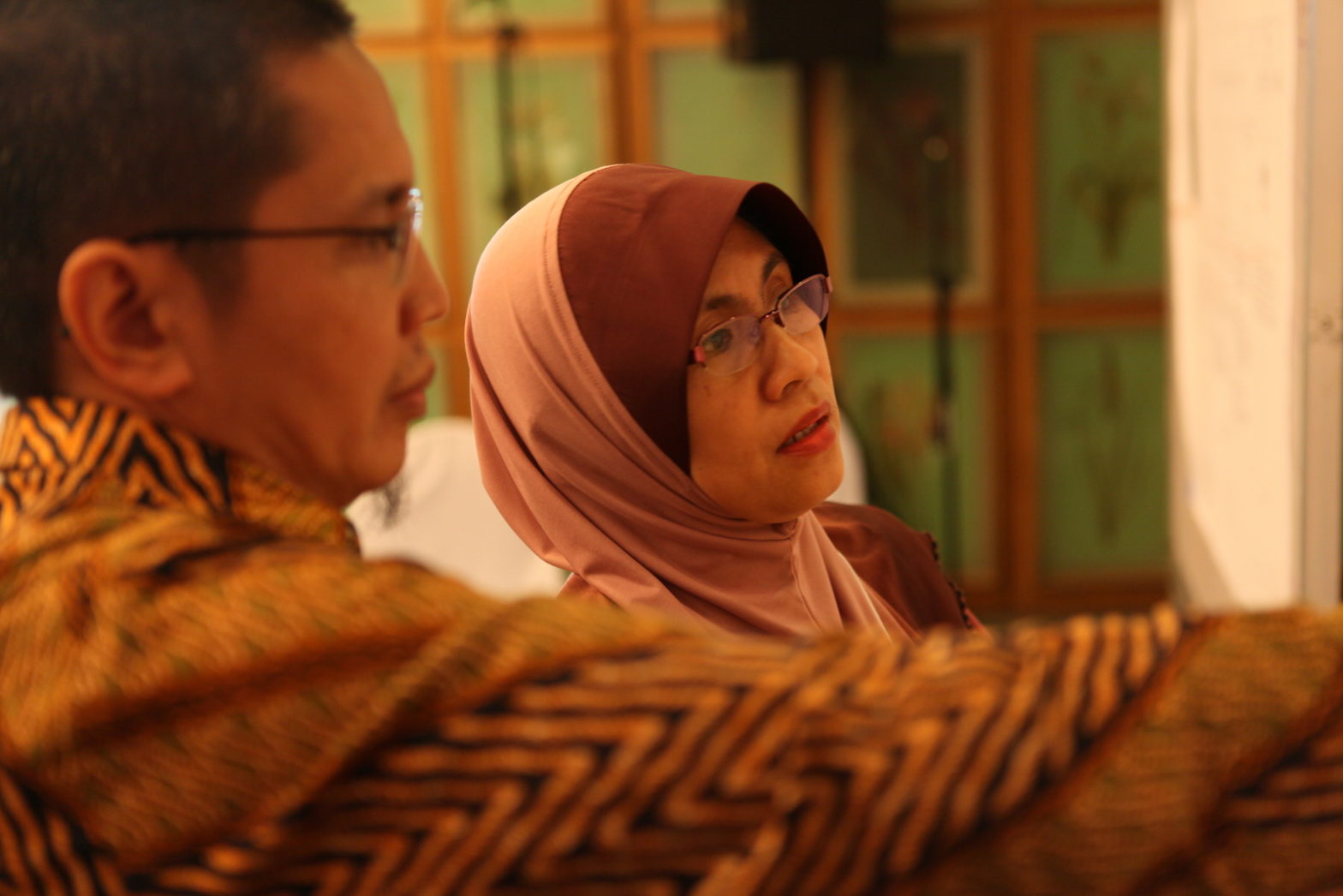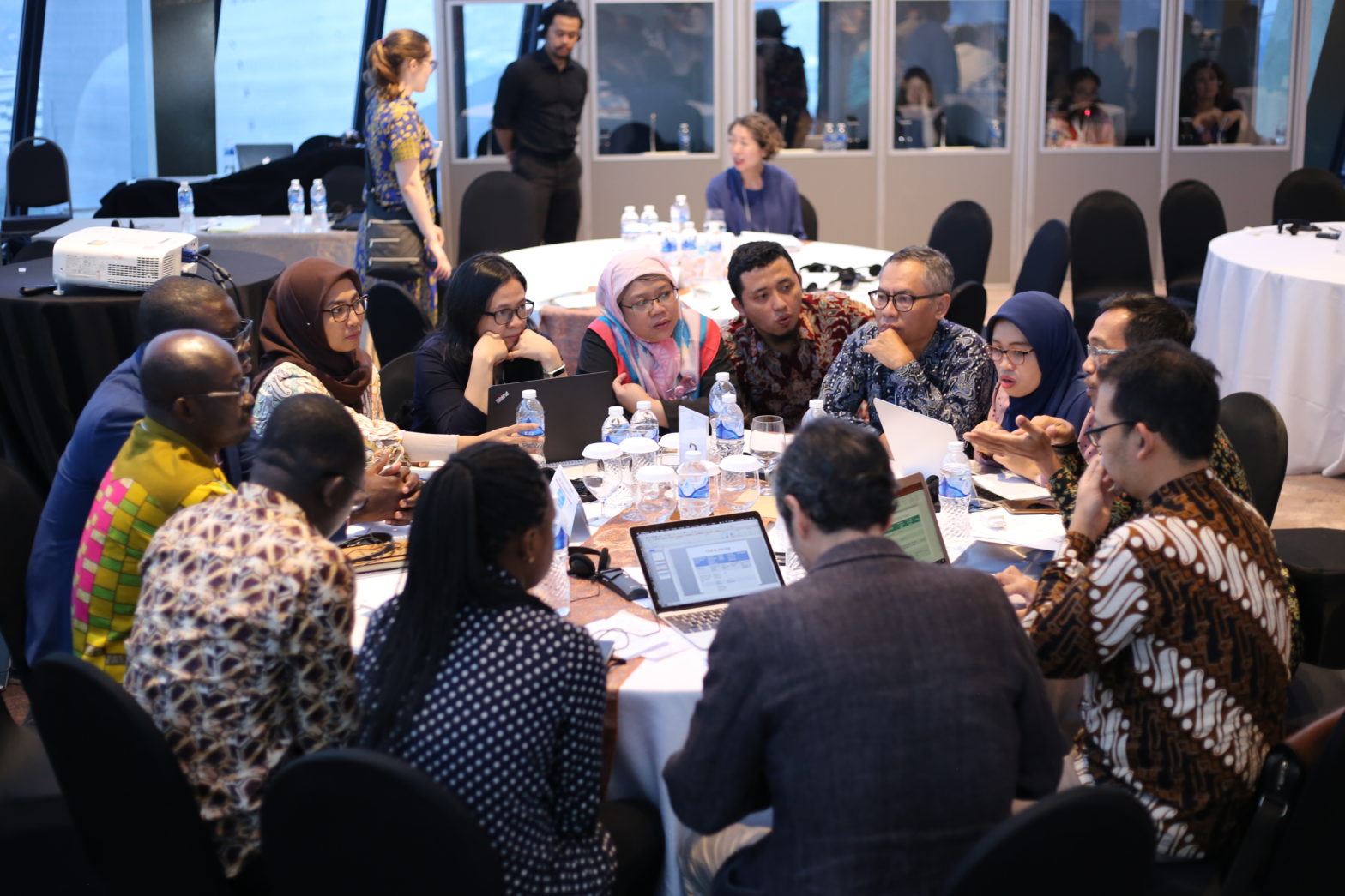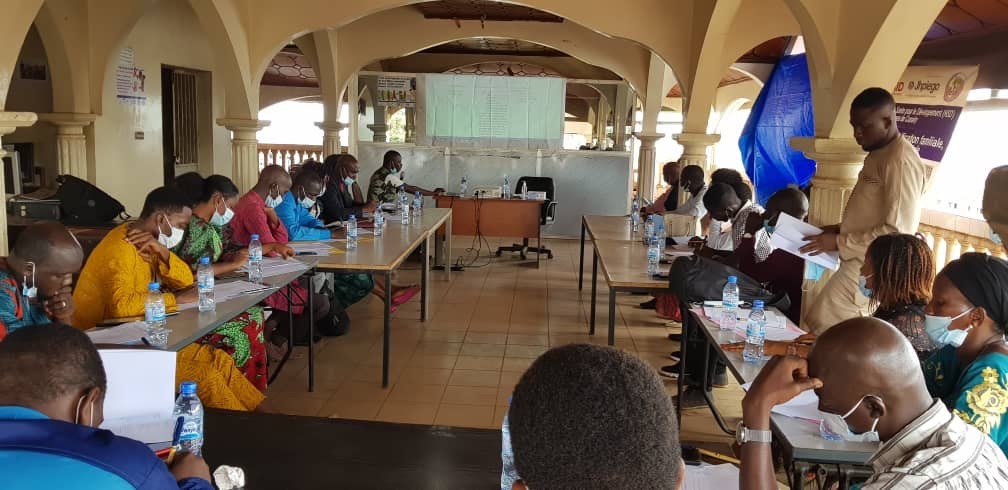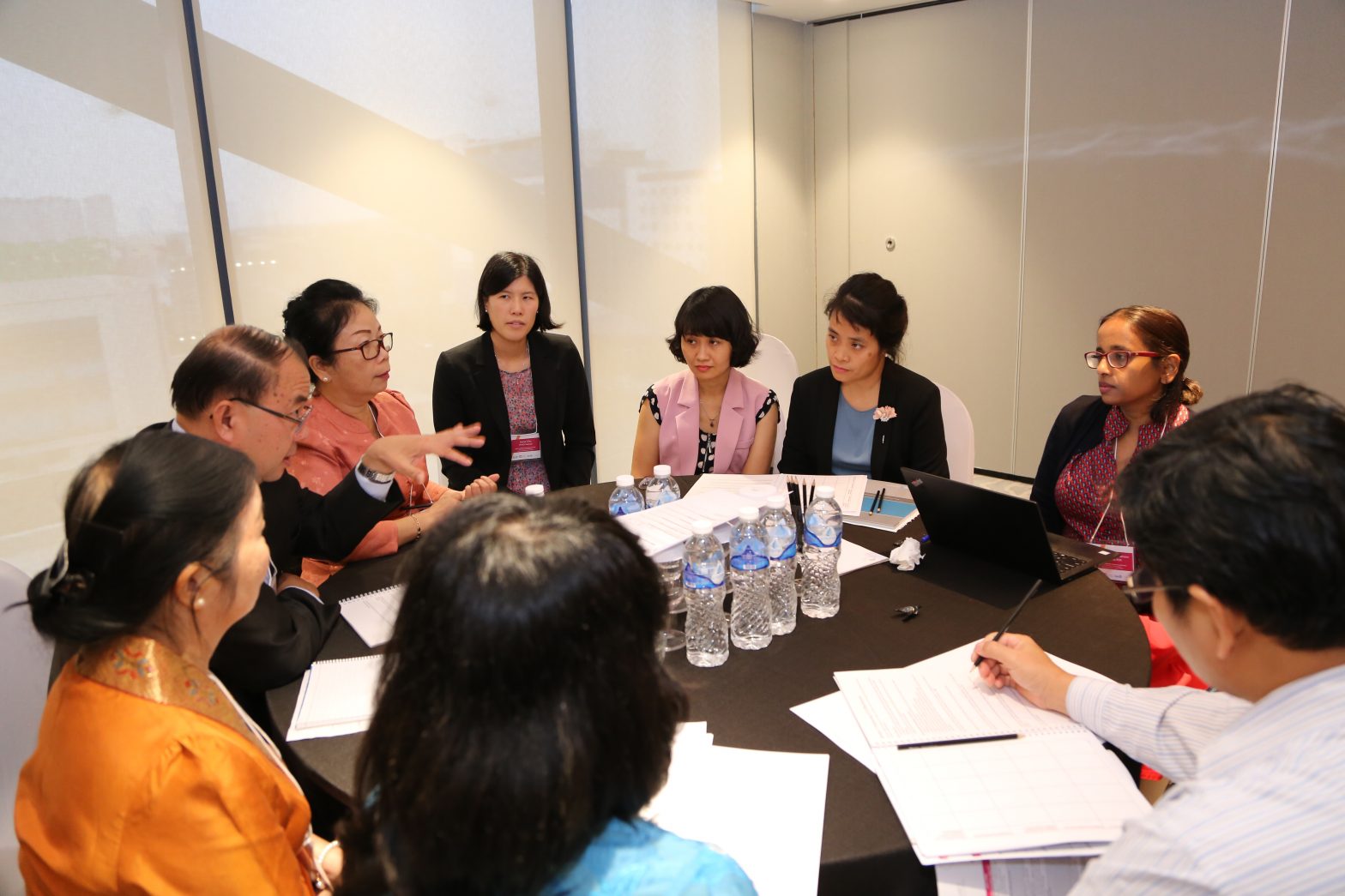Deadline for Expressions of Interest: July 15, 2022 The Joint Learning Network for Universal Health Coverage (JLN) and the Health Systems Strengthening Accelerator (Accelerator) invites Expressions of Interest to participate in a scoping activity to co-develop a concept note for a rehabilitation-focused learning collaborative focused on how to integrate rehabilitation into primary health care (PHC) …
Category Archives: Co-creation
Highlights from the Health Policy and Systems Research March Ideas Marketplace
Author: Christina Shaw, Knowledge Management & Communications Officer, Results for Development To ensure that health policy and systems research institutions (HPSRIs) can more effectively generate evidence and support the translation and use of that evidence locally, it is important to foster collaboration and learning among HPSRIs, policymakers, and training and capacity development initiatives throughout the …
Continue reading “Highlights from the Health Policy and Systems Research March Ideas Marketplace”
How Can Countries Make Health Financing Work Better for Rehabilitation Services?
Authors: Tamara Chikhradze, Emma Brainerd, and Reva Alperson Through the Accelerator’s work in the rehabilitation sector, we have observed a knowledge gap in how health financing solutions can respond to rehabilitation needs and increase coverage at the country level. Why rehabilitation? The Accelerator is a health systems strengthening project, so what does rehabilitation have to …
Continue reading “How Can Countries Make Health Financing Work Better for Rehabilitation Services?”
Highlights from the Health Policy and Systems Research Co-creation Series: Executive Summary and Next Steps
The tremendous progress made during the co-creation series has been summarized in the Executive Summary. It highlights our co-created vision for a stronger and more aligned Health Policy and Systems Research (HPSR) ecosystem in the Asia Region in the next 10-15 years, key discussion topics, and the action areas participants want to pursue as part …
Strengthening the Evidence-to-Action Cycle in the Asia Region will Require Investments in Health Policy and Research Institutions
Author: Leah List, Senior Program Associate, Results for Development HPSRIs share their vision of a robust health policy and systems research ecosystem at the co-creation series’ first session on May 27, 2021 “These challenges are opportunities to explore innovative solutions that involve not just the “producers of the research” but “demand-side” stakeholders.” Jean-Jacques Frere USAID …
New Report Explores the Linkages Between Social Accountability and Social and Behavior Change
Authored by: Susan Pietrzyk, PhD, International Health and Development Team, ICF As a project, the Accelerator’s focus on health system strengthening (HSS) is pursued in various ways. Analysis and use of evidence and tools along with original research provide important insights. Investments such as these build an understanding of complex dynamics and provide a springboard …
Creating a Shared Vision for a Stronger Health Policy and Systems Research Ecosystem in Asia
Author: Leah List, Senior Program Associate, Results for Development The Accelerator launched a series of co-creation sessions on May 29th designed to develop a shared vision and identify concrete pathways to strengthen the ecosystem for health policy and systems research (HPSR) in Asia. The series follows a landscaping analysis that explored the important role of …
Accelerator Hosts Regional Webinar Series Health Financing in Rehabilitation
With support from the Inclusive Development Hub of USAID’s Bureau for Development, Democracy, and Innovation (DDI) and funding from the Leahy War Victim’s Fund, the Accelerator has partnered with the WHO to develop a knowledge product on “Rehabilitation in Health Financing”. The knowledge product will analyze options for financing rehabilitation in different health systems contexts …
Continue reading “Accelerator Hosts Regional Webinar Series Health Financing in Rehabilitation”
Strengthening the Ecosystem for Health Policy and Systems Research for Health Systems Strengthening in Asia
A Health Systems Strengthening Accelerator (Accelerator) Landscaping Analysis of 97 health policy and research institutions (HPSRIs) across 27 countries in the Asia region found a need for evidence translation capacity development. The analysis revealed that nearly all HPSRIs are engaged in evidence generation but significantly fewer are involved in translating evidence into policy and practice. Only …
Procurement, stocking, and distribution: What lessons can we learn from national strategies for equitable distribution of COVID-19 vaccine?
Equitable processes for distributing vaccine stocks are perhaps the best way to counter hesitancy.
